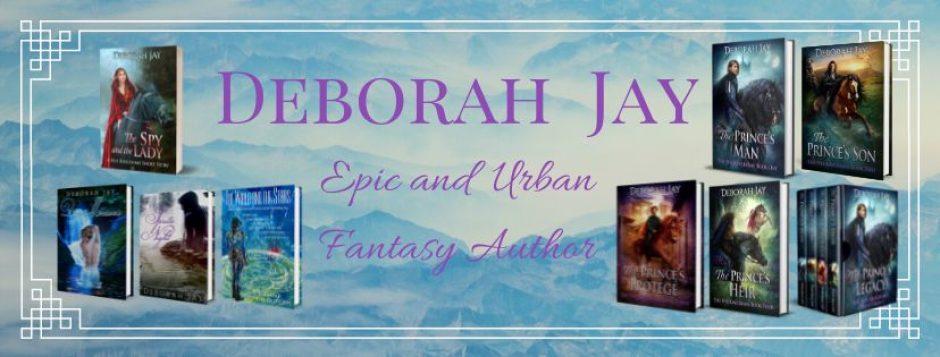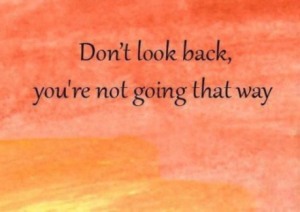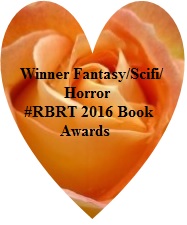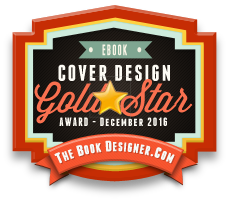Neil Gaiman comes up with such wonderful quotes!
I’ve wanted to be an author since I was able to read, it was something I always assumed I would do.
It wasn’t until I was older that I realised it wasn’t (at that time) as straightforward as that.
Once I’d written a book that I believed was publishable (my third competed manuscript), I submitted to an agent in the US. She took me on straight away – woohoo! I was away!
It took 6 months for all the publishers to say ‘no thank you’, in the nicest possible way, all of them, but apparently this book was ‘not what we want at the time, although we like your writing’.
Encouraging, but disappointing.
In the meantime, while waiting for them to get back, I thought if I already had other books published, I would stand a better chance with my fiction, so I approached a non-fiction publisher specialising in my expert subject of horses. My proposal was snapped up and I was on the road to becoming a published author!
My new status as a published author never had the desired effect on my fiction, but now I’m glad. I LIKE being an indie author. I LIKE the control I have over every aspect of my books, and I especially LIKE the way I get paid – within a month or two of the sales, and in most cases, 70% of sale cost.
This post came about because I just received my latest royalty cheque from my non-fiction publisher – a six monthly report, and gee, 10% of sale cost.
If you don’t know how a traditional publisher pays their authors, let me enlighten you:
I received an advance of £2000 per book.
But you don’t get it all in one lump. You get
- One third on signing the contract
- One third on delivering an acceptable manuscript
- One third on publication
Bear in mind, this is strung out over the best part of nearly 2 years.
THEN, once your book starts selling, they recoup that advance before you see another penny. Even at a price of £22.50, that takes a fair time to pay back that £2000
Most book will never earn out.
I repeat – most books will never earn out.
So after that initial advance, you might never see another penny.
My first book earned out a couple of years ago, (the second is nearly there), so I do get a royalty cheque every six months, but believe me, it ain’t much! This last cheque?
£83.37
That’s it.
I actually make more money by buying copies with my author discount and selling them face to face at events – I can make £5 a copy by offering them at £20 each to encourage immediate sales, or £7.50 at full price.
But I make one hell of a lot more by selling ebooks and receiving 70% of sale price – even at £3.99 the sums add up, because more people buy at that price – and believe me, if I was offered a traditional publishing deal for my fiction now, it would have to be very attractive to encourage me to even consider it.
Are you still chasing a publisher? Did you know exactly how their payments are made? Still think its a good idea?
I haven’t gone into the lack of marketing by publishers, but believe me, if you get any at all, you’d be very lucky, so the work load on the marketing front is the same, whether you are earning 10% or 70%
I know which I’d rather have…

























Reblogged this on Stevie Turner, Indie Author. and commented:
After my first three years of writing and chasing agents, this fourth year I’ve realised that self-publishing is where it’s at, man…
LikeLiked by 1 person
Yay! You got there!
And thanks for the reblog 😀
LikeLiked by 1 person
You’re welcome.
LikeLiked by 1 person
You were paid well at £2000. I have been paid as little as £100 for a book (and that reluctantly) or nothing at all for an ‘academic’ book until the sales come in. I now write independently and am happy this way.
LikeLiked by 1 person
I do realise that, it was before the indie revolution and payments have taken an alarming drop since then.
Always great to hear other indies affirm their satisfaction with our way of publishing, thanks for taking the time to comment 😀
LikeLike
Fab post Deb. Thanks for sharing your truth. I never bothered submitting to trad publishers. I did my homework when I began publishing and made my decision Indie was where it’s at. Heck, I know many authors who left trad to self publish. If it aint broken, don’t fix. 🙂
LikeLiked by 1 person
Good choice!
Of course, this experience was before the Indie option was available, and I’m still not sure how I would manage this sort of book by the Indie route – large format hardbacks with 50 photos and many diagrams – but I certainly prefer the Indie scene for my novels!
LikeLiked by 1 person
Great! Rock on my friend. 🙂
LikeLiked by 1 person